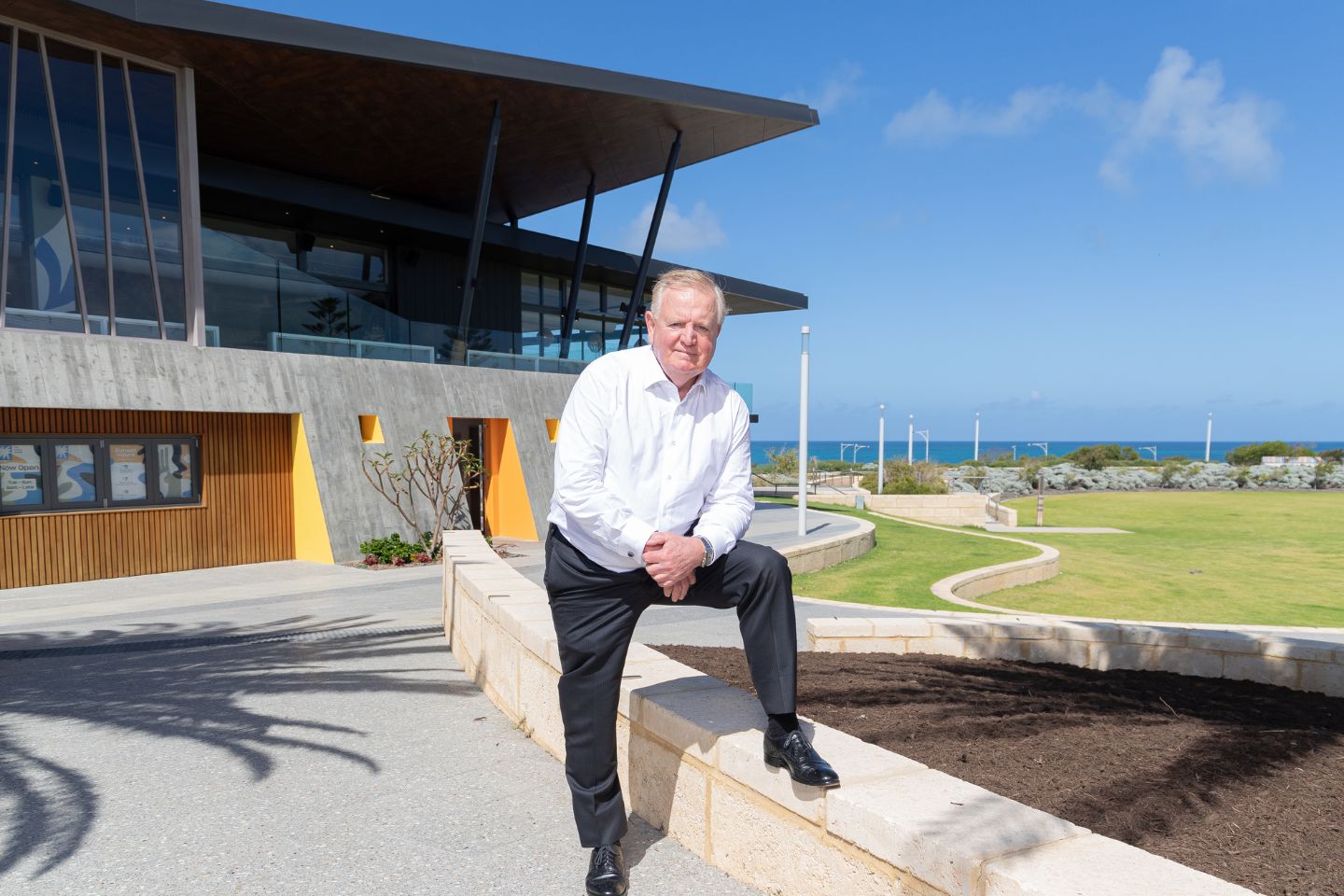
A professor of economics at Babcock University, Ilishan, Ogun State, Prof. Joseph Ajibola, has called for a paradigm shift with regard to the country’s trade and industrial policy so as to attain industrialisation and make the economy work. Specifically, Ajibola, a former Executive Director/Ag Managing Director in a commercial bank in Nigeria, faulted the Central Bank of Nigeria (CBN) over the reversal of the 43 items banned from accessing the foreign exchange (FX) window, saying the moves were meant to kill local manufacturing firms.
Prof Ajibola made this known in his paper, themed: “Targeting Favourable Balance of Trade and role of Non-oil Export Incentives for Manufacturers,” delivered in Lagos. He said direction the country’s industrial sector was heading was not too good unless pragmatic solutions are orchestrated to catalyse industrial growth. Ajibola said: “What is our own self, problems here and there in this country that we can’t feed ourselves, we can’t clothe ourselves.
The narrative to this change is that we need some paradigm shift, away from the current trend in the industrial sector. “It is said that the fragrance of fire, makes up the frameness of gold. Paradigm shift, which calls for sacrifices, courage, determination and patriotism on the parts of all and sundry.
Just paradigm shift, such dodgedness. “We need to key into the government’s mantra in every facet and aspect of our lives. If we want local manufacturing plant to survive in Nigeria, then, we need to key into ‘Produce what we consume; Consume what we produce.
’ Where is Lenard today? Where is our textiles? Where are they? These were my first customers in the banking sector. “Where are they now? They have been out of business. Oluwa Glass, Nigerian Wire and Cables, having the best of products in West Africa, if not entire Africa, some comparatively globally.
“Now, our market is now infested with substandard products from China, from India, from France and all over the place, yet we are still stagnant. “Trade and industrial policy. I was explaining it facing the screen on how they are going to help us in one of the leading issuing houses when the Central Bank of Nigeria lifted ban on 43 items from the foreign exchange (FX) market for accessing FX, and somebody somewhere wanted to justify it, I said that is not the issue.
“The issue is that it is a shame for Nigeria to still have toothpick or 43 items being imported into Nigeria after 64 years of independence. Whether they are going to the black market or official market to get the forex is not the issue. “If China had behaved like that they would not be where they are today.
There is no country of the world that will not embrace some level of local infant industry development to let the young grow. “Aba made shoes, why can’t we embrace this? I got to Rome one day with my team, we wanted to buy some suits. The person selling the suits said, what did you see there? I said Made in Italy.
He said I have partnership with somebody in Aba market and is the person who sew it and I am displaying it here. Whereas, we travel abroad to get suits there when we can get it here in Nigeria. “So that is the predicament that we faced in this country, not believing in our own raw materials.
” He continued: “Let us change the narrative of trade and industrial policy of Nigeria. Let us give a bite to our trade policy, our industrial policy to help us to move to the next level. “As it is today, is domicile cycle, no one wants to go there.
” He said the government recently granted some concessions by way of waivers and duties on some imported food items and medicals. “That is, some items should come to Nigeria. My appeal to government is not to allow waivers and duty free on what local manufacturers have or can do in-country.
“Let local manufacturers produce locally and allow them add value, instead of waiving duties on finished products. Let’s waive duties on imported raw materials. “Let’s waive duties on imported spare parts until we can develop local counterparts for those raw materials.
It is only then there can be value addition here with their multiplier effects. But if what we are doing is to spend the whole of the FX on finished products and waived the imported items, then the contribution to the economy is very minimal.”.










